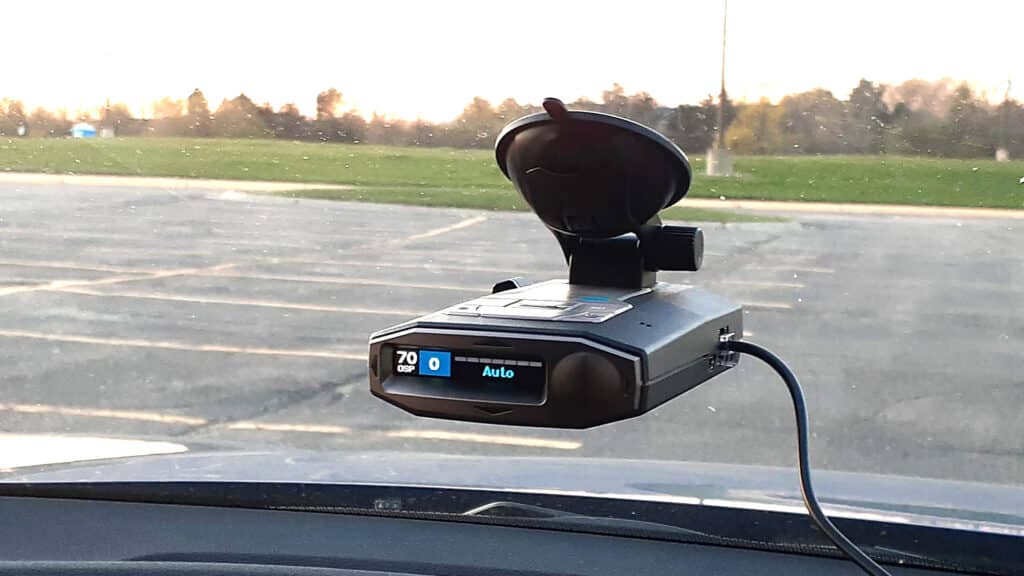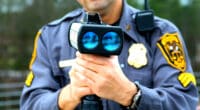It may come as a surprise to vehicle owners and drivers, but despite their widespread presence and usage, radar detectors are not legal in all 50 U.S. states.
With factions swearing for and against the benefits of radar detectors, it may be wise to first learn what the state’s laws have to say about radar detectors before investing in one for your vehicle instead of going with the opinions floating around.
Each state has its own policies and laws concerning radar detectors. For instance, are radar detectors legal in SC? Or California? Or, as pertains to the case at hand, are radar detectors legal in Massachusetts?
Though they’re permitted in SC, not in California, radar detectors are legal in Massachusetts, with some surrounding controls in place for their responsible usage. Read on to find out what these are.
Relevant Restrictions
It’s worth mentioning that radar detectors are illegal in Virginia and the District of Columbia. However, radar jammers are illegal in all states.
Here is what Massachusetts’s laws have to say about the mounting and usage of radar detectors.
Windshield Mounting

Massachusetts allows radar detectors to be installed on the vehicle’s windshield. This is, in any case, the ideal place to install radar detectors; the higher the spot, the better the detection range.
Some states have strict laws against such mounting, as it could pose a safety hazard to drivers by interfering with their line of vision or disturbing them and, therefore, other vehicles on the road.
While Massachusetts doesn’t have such laws in place, it is recommended that you mount your radar detectors in a way that doesn’t cause an issue. Alternatively, you can install the detector on your dashboard or a sun visor.
Similarly, if you’re traveling across the country, installing your radar detector inside the car is a good idea.
Privately Owned vs Commercially Owned Vehicles

Massachusetts allows the use of radar detectors in private and commercial vehicles, as long as the latter doesn’t exceed 10,000 lbs in weight.
Federal law prohibits such vehicles from using radar detectors; even the mere presence of a radar detector, even if switched off and not in use, can attract tickets and fines for commercial vehicles that are over 10,000 lbs.
Driving in a Military Area
Having a visibly mounted radar detector while on military property, or even while passing, is illegal.
When entering a base, your radar detector needs to be removed and kept out of sight, and while driving by, it must be removed beforehand and stored where it isn’t visible.
Radar Detector Alternatives
One of the most efficient and legal alternatives to radar detectors is LiDAR (Light Detection and Ranging) technology. Just like radars, these devices detect surrounding presences, but they use pulsing lights/sensor technology, instead of radio waves.
Apart from this, you can all use GPS systems or even phone apps as suitable alternatives. Whichever alternative you go for, ensure that you’re aware of its legality in the state beforehand.
State of Massachusetts Info

Officially known as the Commonwealth of Massachusetts, and popularly known as the Bay State, Massachusetts is situated in the northeastern part of the United States.
Bordered by New York, Connecticut, Rhode Island, New Hampshire, Vermont, and the Atlantic Ocean, Massachusetts is a small state but is packed with attractions, be it related to nature, history, the coast or art.
Population: 6.96 million
Capital: Boston
Registered vehicles: 5,333,915
Total lane miles: 77,730
Number of highways: 13

